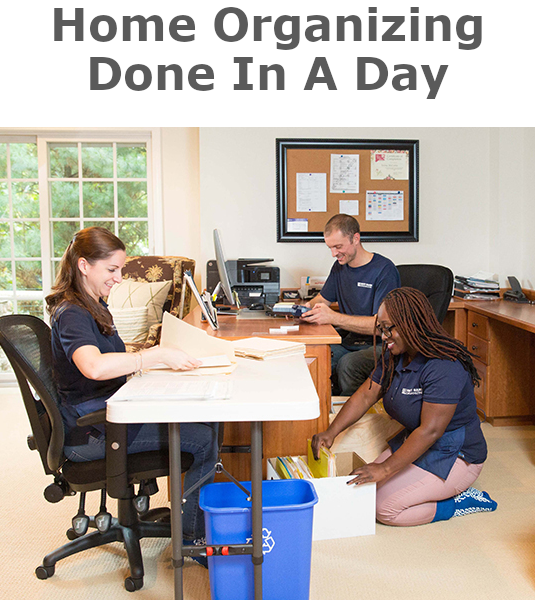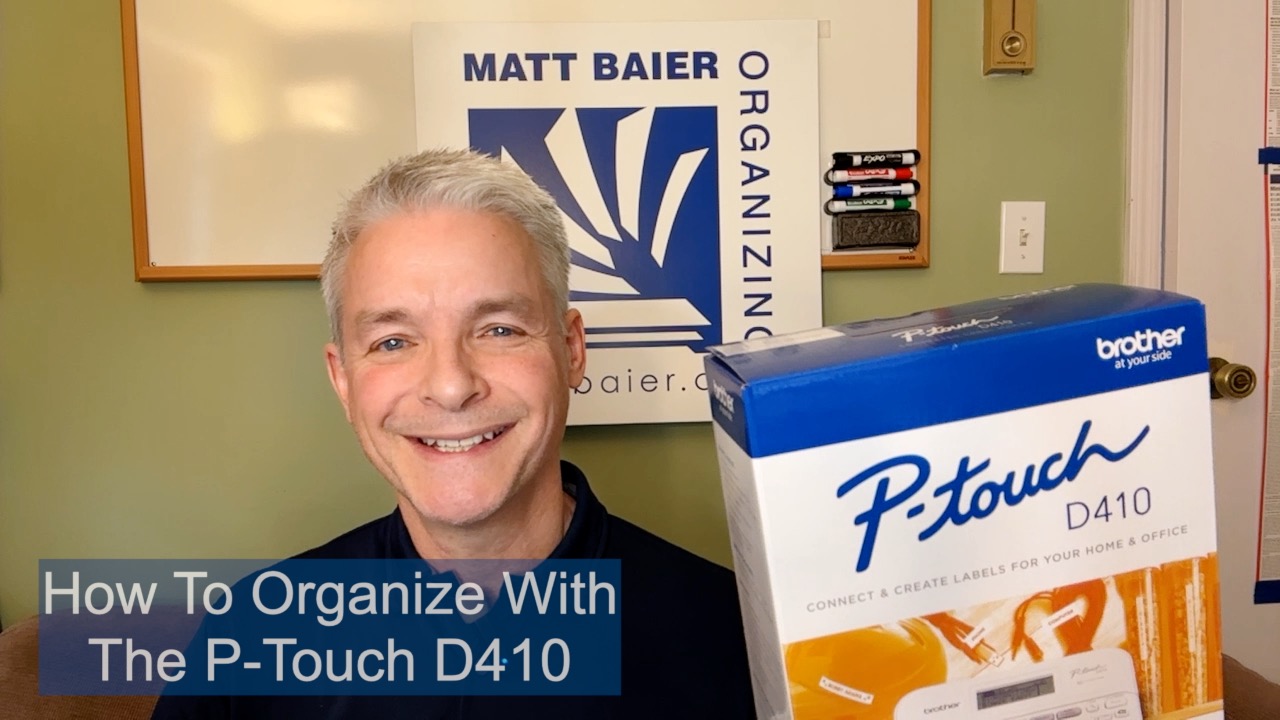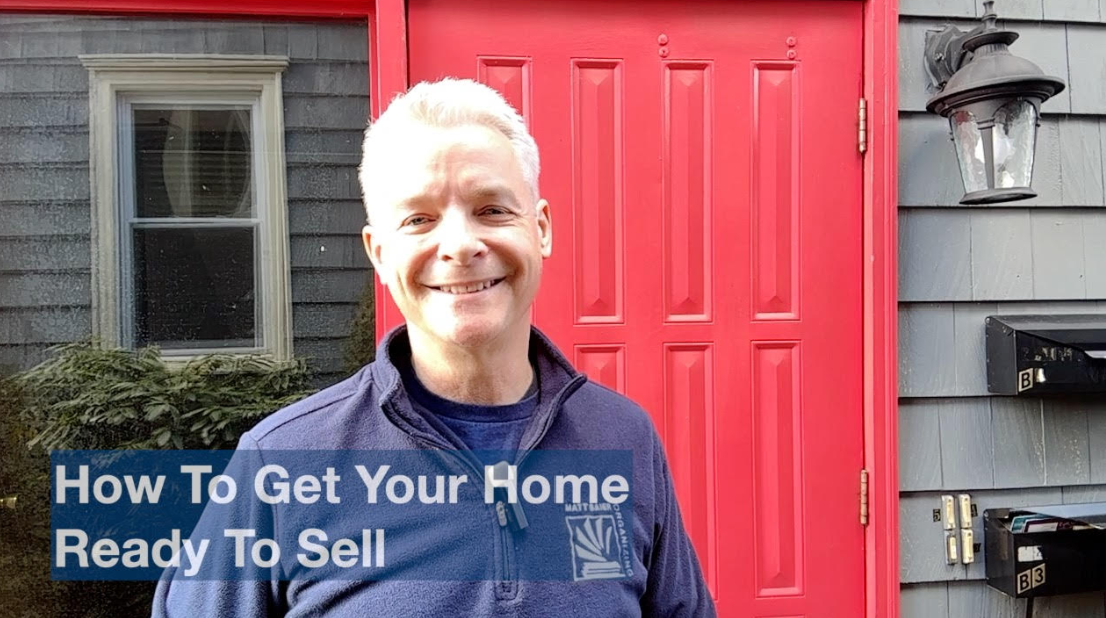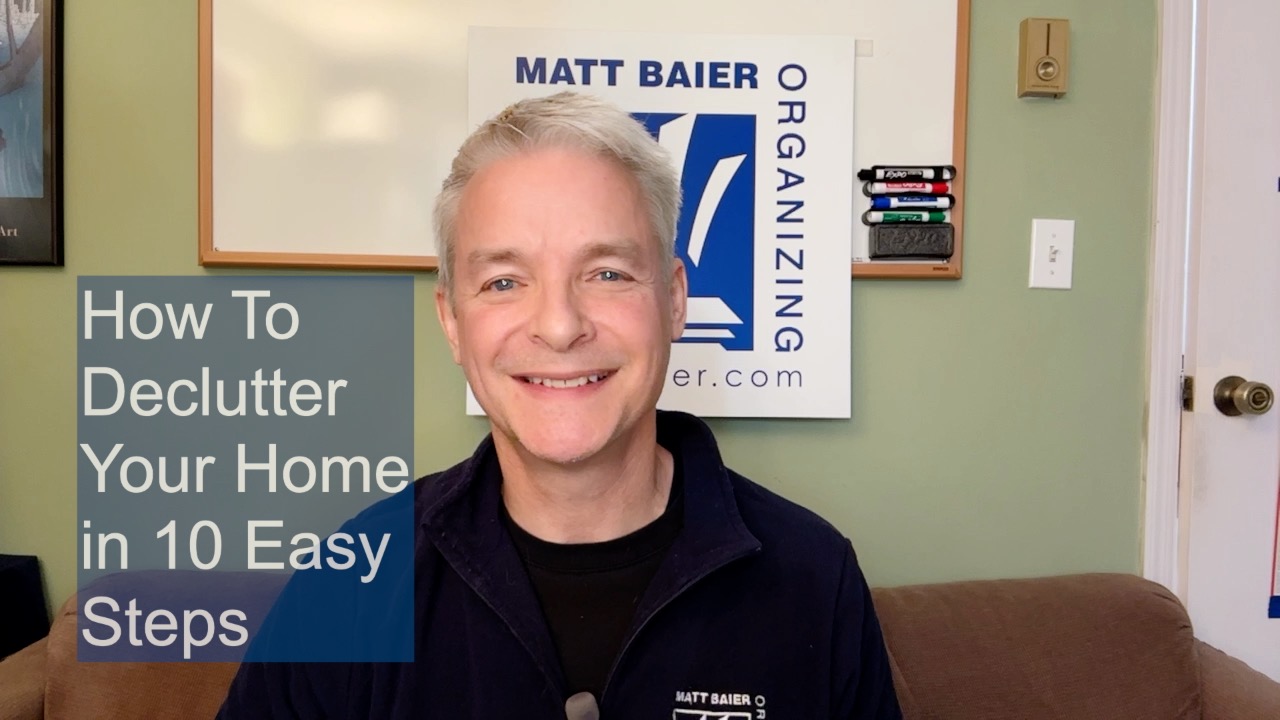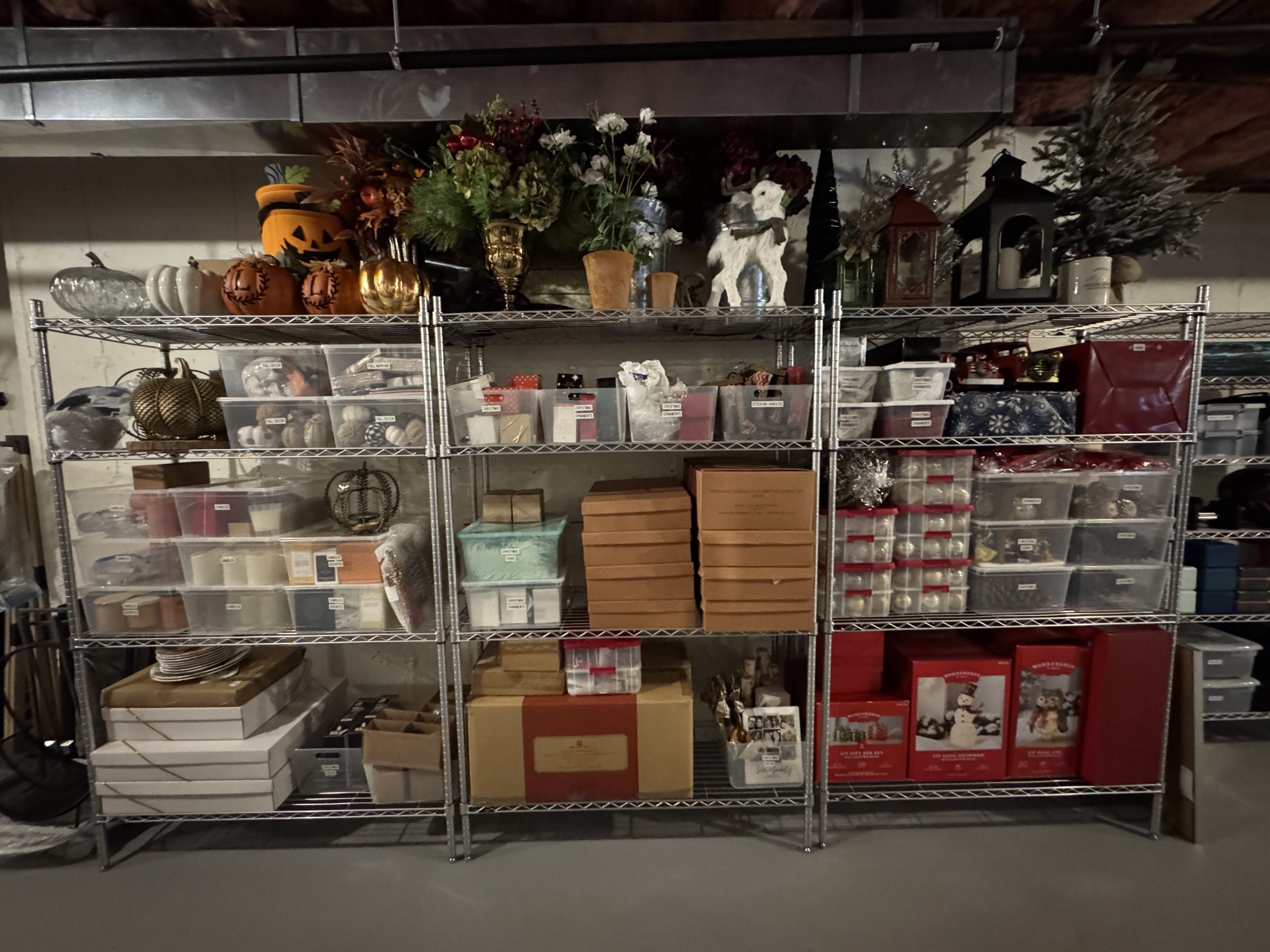Organizing Past Decision Blockers
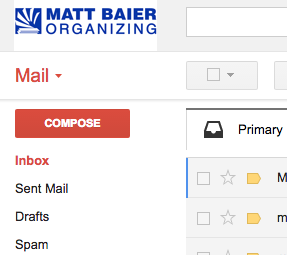
To start with, I shouldn’t be calling decluttering a task, because what it really is, is a project, that needs to be broken down into a series of tasks.
For a long time I have held that the key to getting organized and staying organized comes down to a simple three word approach: Circulation prevents accumulation. What I mean by this is that there needs to be a plan for movement in a series of manageable reliable stages.
A perfect example of this would be something most of us are able to keep organized: our dishes. We reliably find dishes in the kitchen cabinet, then they go to the counter for plating, then to the dining table for eating, then to the sink for washing, then to the drying rack for drying and finally back to the cabinet for storage. Each stage needs to manageable and reliable, but if it isn’t, then the whole system can break down. Maybe the dishes pile up in the sink, then they start to overflow to the counter, where you lose processing space, then before long there’s no dishes left in the cabinet. The answer in this case is to look for ways to break down the dishwashing into more manageable reliable stages.
So the key to getting things done, is to look for the stage in your tasks or projects, that is the equivalent to dishes piled up in the sink. Don’t hide from it. Face it head on and ask, what’s so unmanageable about it? Are there ways to break it down and make it more manageable and reliable?
Generally speaking, the more decisions that are involved, the more unmanageable something is. And the more the decisions pile up, the more you lose your momentum and the circulation breaks down.
This weekend I was faced with the challenge of cleaning out my email inbox. I had 6,589 of them. I know. Some of you may be saying “Wow, that’s a lot for somebody who’s supposed to be organized!” while others are saying “That’s nothing!”
So I went straight to the heart of the matter. What is my pile of dishes in the sink? Why can’t I make quick enough decisions on emails? When I looked back on past email clearing experiences, I realized it came down to two things:
- Losing important client correspondence. I have found that when I commit to discarding email, the pendulum swings from keeping EVERYTHING to discarding things that I still need. I have had some real regrets on some client correspondence that has gone missing, so I hesitate the next time I discard.
- Need to Read. Some files I feel like I can probably read, if I just take the time to open them and read them really quickly, but it really breaks the momentum.
So here are the choices I made to get past these barriers and gain the momentum I needed to see the job through.
For the first problem, I created folders for “client correspondence” and a few others for frequent categories of emails I’m not prepared to part with yet. Actually I had created these categories a while ago, but I made a conscious decision that I wasn’t going to worry about deleting some of these items that I most likely didn’t need. I was just going to focus on tossing the no-brainers, because there was a LOT of them.
For the second problem, I decided that I had to break my decision making into two parts. The first part was to separate the definite junk from the potentially valuable emails. What I did was select the whole page of emails, then deselect and STAR anything I felt that I had to read. At the end of the page, I simply deleted anything that was still selected. I could eliminate thousands of emails this way. In the second stage, I simply went through all the starred emails. I was actually able to do this stage quickly too, because I was just focused on quick scans and sorts. By recognizing the need to read and breaking the process into two stages, I could move more quickly in each stage, because I gave myself singular focus.
I don’t mind telling you that this was still a long and boring project, but looking back on it, it has forced me to be much more decisive about incoming email. If it’s client correspondence, I just move it to the client correspondence folder, without thinking about it. Same goes for any other potential regret categories. The rest I am able to toss instantly and I do!
Another thing I often tell my clients is, organizing is ultimately not about sorting out your clutter, your paper, or your time (or your emails!). It’s about sorting out your priorities. These other things are just a manifestations of your priorities.
My email inbox rarely rises to the top of my priority list. I decided that discarding as much as I could was not as great a priority as securing my client correspondence and other key files, so I just focused on discarding the quick wins.
Geddy Lee of Rush came close to this idea in his words “If you choose not to decide, you still have made a choice.” I made some strategic indecisions about my email, that has broken up the log jam and now allows email to, not only freely circulate in, but OUT of it. Ultimately, it’s that decisive movement in a series of manageable, reliable steps that will keep me organized.
What are some of the toughest roadblocks that YOU have come across, when trying to stay organized?
Please Share With Your Community






